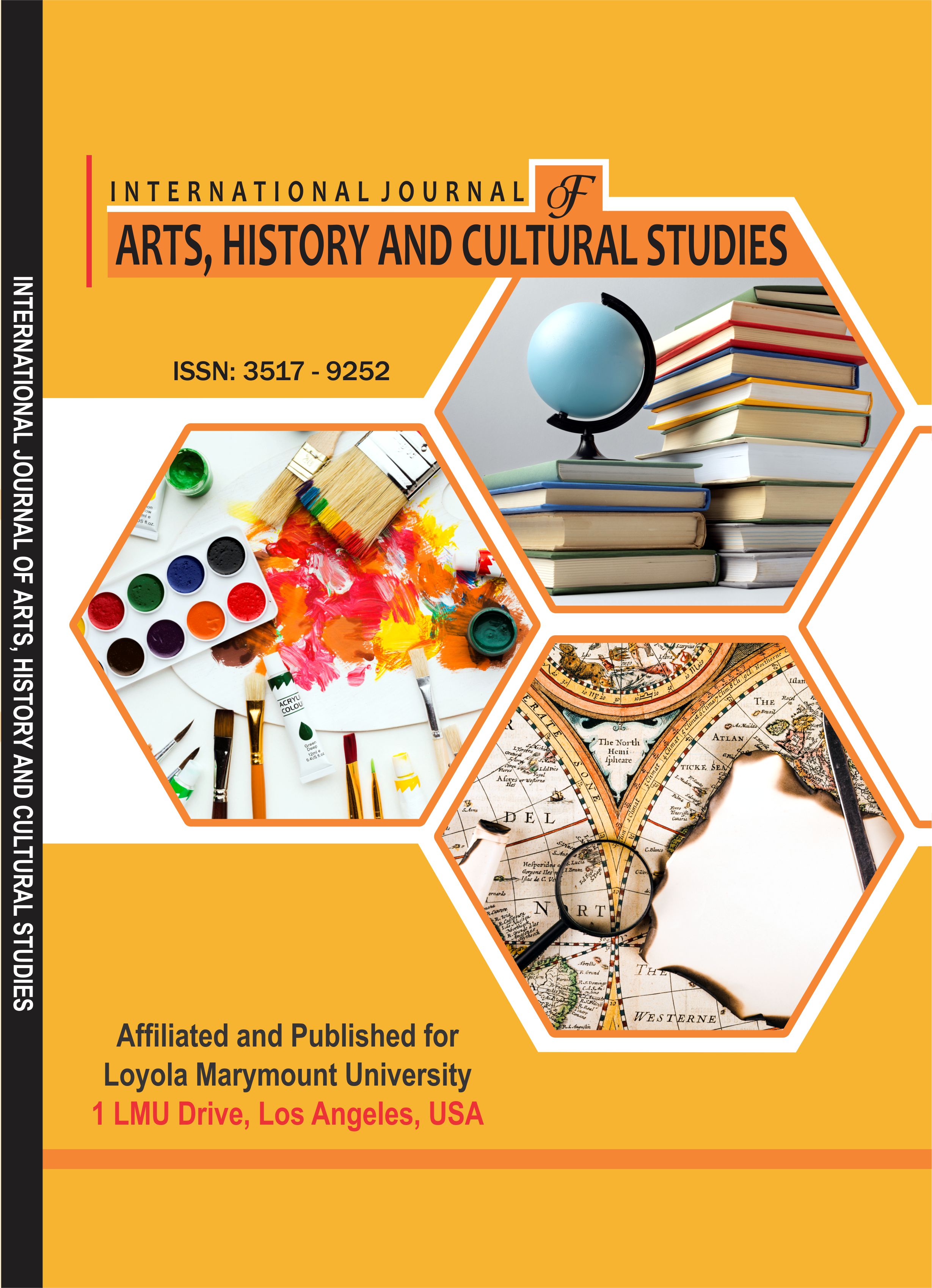INTERNATIONAL JOURNAL OF ARTS, HISTORY AND CULTURAL STUDIES (IJAHCS)
Intersectional Identity and Power Dynamics in Eloghosa Osunde's Vagabonds: A Critical Analysis of Identity Formation, Cultural Heritage, and Social Justice
E-ISSN: 2695-1886
P-ISSN: 3517-9252
DOI: https://iigdpublishers.com/article/738
This study examines the intersectional identity formation of characters in Eloghosa Osunde's novel, Vagabonds, with a focus on the interplay between different identity markers such as race, gender, class, and sexuality. The novel portrays the tension between traditional cultural practices and modernity in postcolonial Nigeria, and how this tension impacts the characters' experiences of power and identity. Drawing on intersectionality theory, postcolonial theory, and critical race theory, this analysis reveals that the characters' identities are shaped by multiple factors, including cultural heritage, social norms, and power relations. The findings of this paper show that the novel's characters experience identity fragmentation and marginalization due to the intersecting systems of oppression. This study concludes that Vagabonds! Showcases the need for a more inclusive and equitable society, where individuals can assert their identities without fear of marginalization or oppression.
Azan Baba James PhD & Idris Muhammad Ladan PhD
Abrahams, R. (2003). After kinship. Cambridge University Press.
Achebe, C. (1958). Things fall apart. Heinemann.
Appiah, K. A. (1992). In my father's house: Africa in the philosophy of culture. Oxford University Press.
Bhabha, H. K. (1994). The location of culture. Routledge.
Braun, V., & Clarke, V. (2006). Using thematic analysis in psychology. Qualitative Research in Psychology, 3(2), 77-101.
